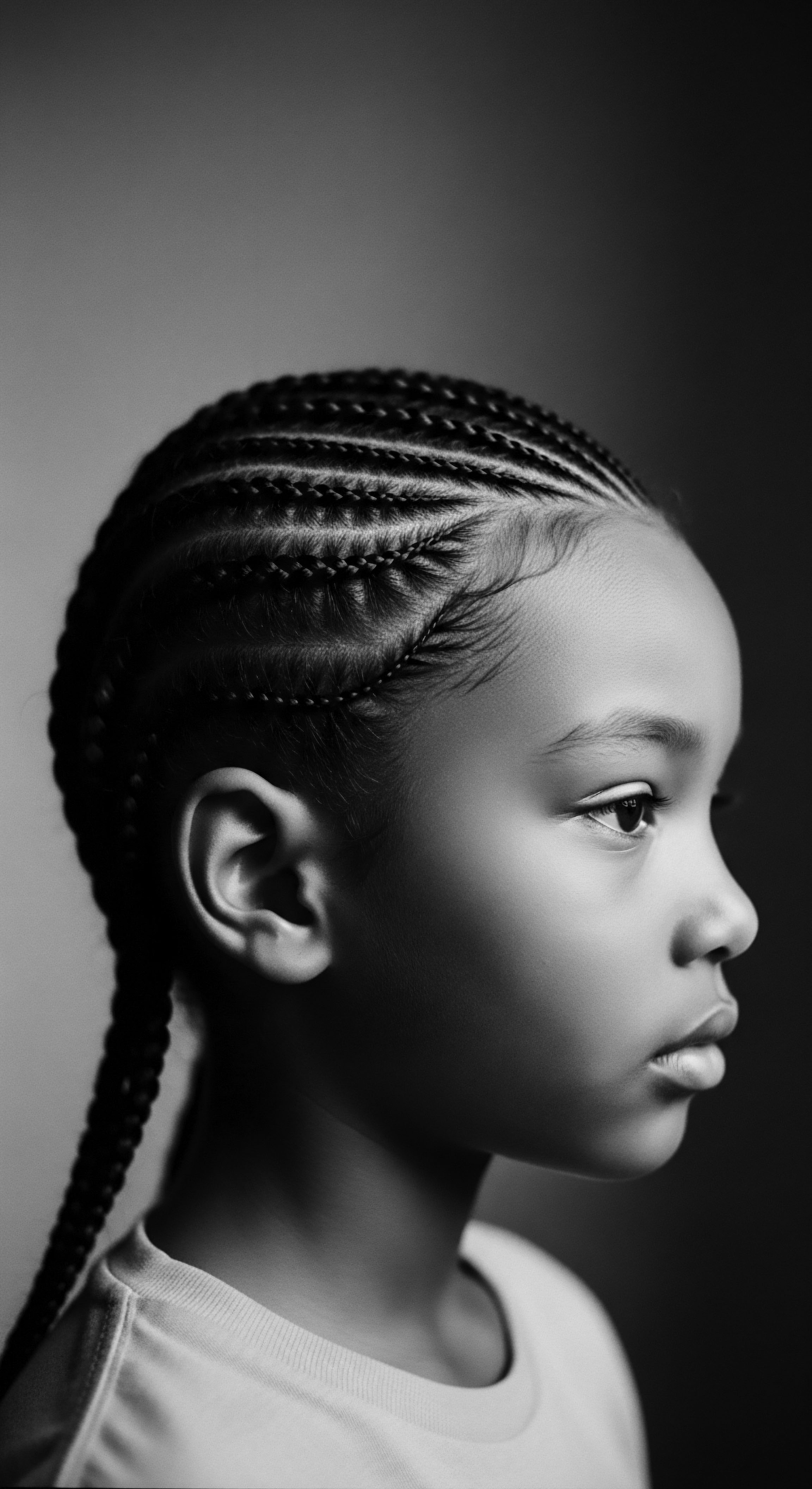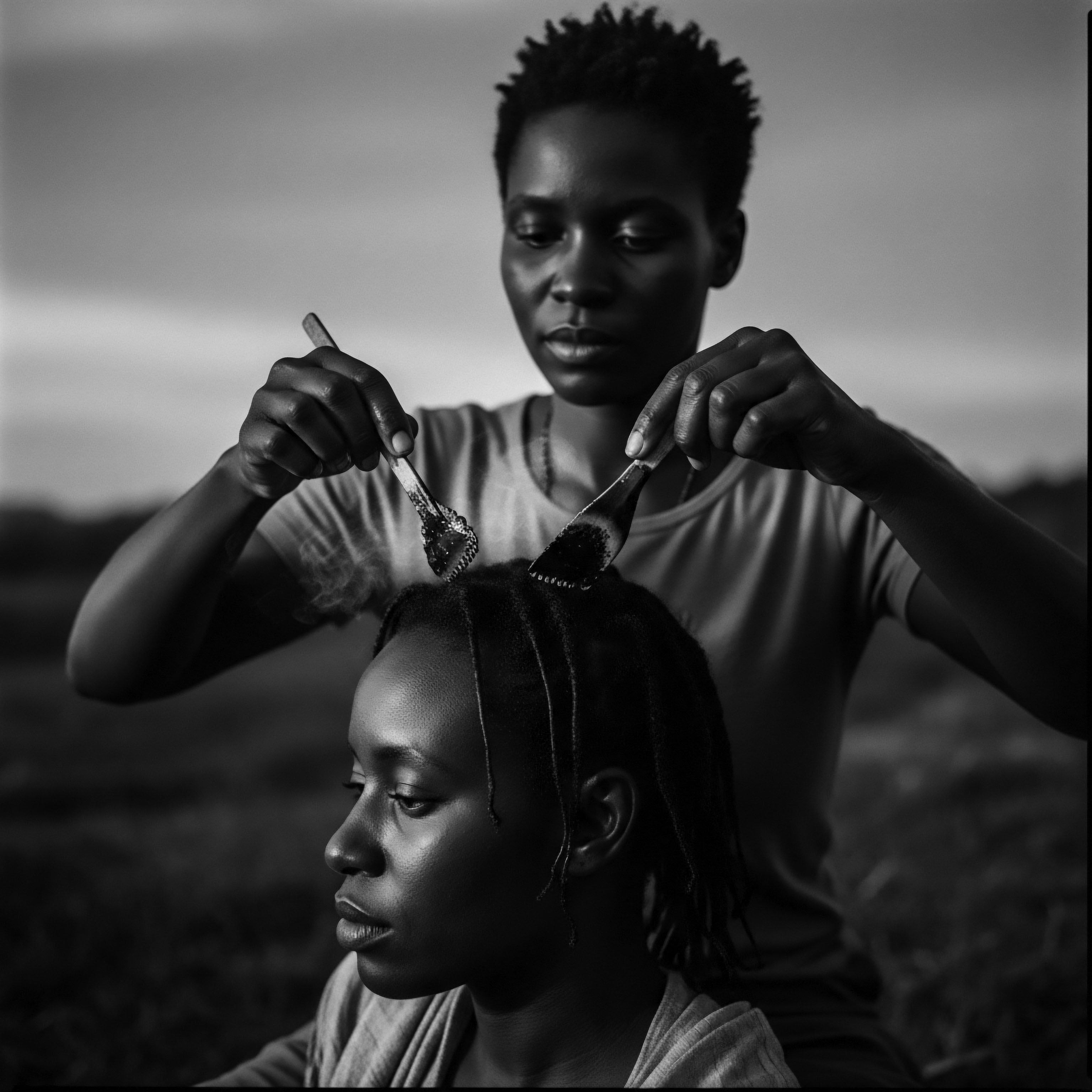
References
- Buccellati, Giorgio. (1978). “Terqa: The Fourth Season, 1978. A Preliminary Report.” Journal of Cuneiform Studies, 30(2), 79-99.
- Byrd, Ayana, and Tharps, Lori L. (2001). Hair Story: Untangling the Roots of Black Hair in America. St. Martin’s Press.
- Kasai, H. Shirao, M. Ikegami, M. & Kawai, M. (2015). “Analysis of volatile compounds of clove (Syzygium aromaticum) buds as influenced by growth phase and investigation of antioxidant activity of clove extracts.” Flavour and Fragrance Journal, 31(2), 178-184.
- Mohamed, T. S. A. Kassem, M. A. & Hussein, H. S. (2016). “Preparation and evaluation of clove oil in emu oil self-emulsion for hair conditioning and hair loss prevention.” Journal of Herbmed Pharmacology, 5(2), 11-16.
- Muhammed, M. S. & Ouedraogo, A. (2021). “Effect of Clove essential oil (Syzygium aromaticum) against the growth of dandruff scalps-causing fungal pathogen using Kirby-Bauer method in vitro.” ResearchGate.
- Pérez-Jiménez, J. Neveu, V. Vos, F. & Scalbert, A. (2010). “Identification of the 100 richest dietary sources of polyphenols: an application of the Phenol-Explorer database.” European Journal of Clinical Nutrition, 64(S3), S112-S120.
- Rahmawati, S. & Sari, N. I. (2020). “Hair Tonic Formulation of Clove Leaves (Syzygium aromaticum) Ethanol Extract and the Effectiveness on Rabbit Hair Growth.” International Journal of Applied Pharmaceutics, 12(Special Issue 3), 195-200.
- Salamah, S. & Rosita, N. (2024). “Clove (Syzygium aromaticum) Extract has Antibacterial and Antifungal Effects against Human Scalp Microbes.” Journal of Advances in Medical and Pharmaceutical Sciences, 26(1), 1-8.
- Scalbert, A. & Williamson, G. (2000). “Dietary polyphenols and the prevention of diseases.” Nutrition Reviews, 58(11), 312-316.
- Sharma, K. & Agrawal, A. (2019). “A Comprehensive Review on Clove.” International Journal of Pharmaceutical Sciences Review and Research, 58(2), 136-141.
Glossary
Modern Understanding
Meaning ❉ Modern Understanding gently guides our current comprehension of textured hair, moving beyond anecdotal lore to embrace the clarity of scientific insight and the continuity of ancestral practices.
Indigenous Botanicals
Meaning ❉ Indigenous Botanicals are plant-derived elements, native to specific regions, holding the quiet knowledge passed down through generations for hair well-being.
Ancestral Practices
Meaning ❉ Ancestral Practices, within the context of textured hair understanding, describe the enduring wisdom and gentle techniques passed down through generations, forming a foundational knowledge for nurturing Black and mixed-race hair.
Hair Vitality
Meaning ❉ Hair Vitality denotes the core strength and sustained well-being of hair strands, especially relevant for coils, curls, and waves.
Length Retention
Meaning ❉ Length Retention, for textured hair, refers to the sustained presence of hair strands from root to tip, reflecting success in minimizing breakage and preserving newly formed growth.
Hair Follicle Health
Meaning ❉ Hair Follicle Health, particularly for those tending to coils, curls, and waves, refers to the quiet, balanced vitality of the minute dermal structures from which each unique strand gently emerges.
Natural Hair Oils
Meaning ❉ Natural Hair Oils are distinct botanical extracts, liquid treasures offering unique benefits to the inherent structure of textured hair, particularly for Black and mixed-race hair types.
African Hair Heritage
Meaning ❉ "African Hair Heritage" signifies the enduring ancestral wisdom and scientific comprehension pertaining to the unique physiological characteristics of Black and mixed-race hair.
Historical Hair Practices
Meaning ❉ Historical Hair Practices for textured hair gently guide us through the wisdom of ages, revealing ancestral methods cultivated across generations, particularly within communities of Black and mixed-race heritage.
Clove Oil Ancestral Practices
Meaning ❉ Clove Oil Ancestral Practices signify the historical and methodical application of clove oil within Black and mixed-race hair care traditions, underscoring its gentle yet purposeful role in supporting hair well-being and growth.

